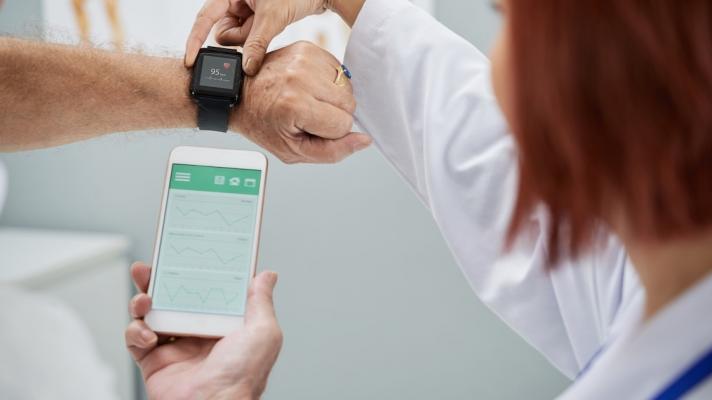
Photo: Caiaimage/Agnieszka Olek/Getty Images
The University of Colorado Cancer Center (CU Cancer Center) and Flatiron Health are teaming up to make clinical trials more efficient by reducing administrative burdens on researchers.
The partnership brings Flatiron Clinical Pipe to CU Cancer Center and UCHealth, allowing clinical trial data to move directly from electronic health records (EHRs) to electronic data capture (EDC) systems.
The technology eliminates the need for manual data entry. Instead, it transfers information directly from the EHR to trial databases.
The system is in use at over 85 academic medical centers and community oncology sites, covering more than 300 locations.
Clinical trials require massive amounts of data, and entering this information by hand is one of the most time-consuming parts of the research process.
Clinical Pipe integrates with UCHealth's EHR through Fast Healthcare Interoperability Resources (FHIR) application programming interfaces (APIs), an installation process that took about 11 hours.
Flatiron Health's Head of Research Network Emily Akin told MobiHealthNews that Clinical Pipe can help reduce the burden on clinical trial site teams, streamline data management and accelerate study timelines.
The company recently published the first peer-reviewed paper on a commercially available EHR-to-EDC system that showed the average case report form completion time was just 37 seconds when using Clinical Pipe.
"That's ten times faster than manual data entry, which typically takes about 30 seconds per data point," Akin said. "With Clinical Pipe, it only takes three seconds."
The study, published in ESMO Real-World Data and Digital Oncology, found that researchers using Clinical Pipe transferred more than 11,000 data points and nearly 1,000 CRFs.
Akin said by automating this process, sites like CU Cancer Center and UCHealth can conduct more trials with greater ease.
"By reducing the administrative workload, Clinical Pipe allows providers to spend more meaningful time with patients," Akin said. "This improved efficiency enhances the overall care experience for trial participants."
Faster data entry and reduced errors also mean fewer delays in research, which can speed up trial completion and bring new treatments to patients sooner, she added.
As handling sensitive patient data requires strict security measures, Clinical Pipe meets System and Organization Controls 2 (SOC 2) and HITRUST CSF certification requirements and complies with HIPAA and 21 CFR Part 11 regulations.
All data is encrypted during transfer and storage, ensuring privacy and protection.
Akin explained one of the biggest challenges in clinical research is making trials more accessible to patients, with many research sites struggling with administrative barriers that limit the number of trials they can run.
Clinical Pipe is designed to reduce these challenges, allowing institutions like CU Cancer Center and UCHealth to conduct more studies and expand research opportunities.
"This collaboration makes clinical trials more accessible by reducing the operational challenges that often limit trial availability at research sites," Akin said. "It allows institutions to efficiently conduct more trials and ultimately broadens patient access to research opportunities."




















